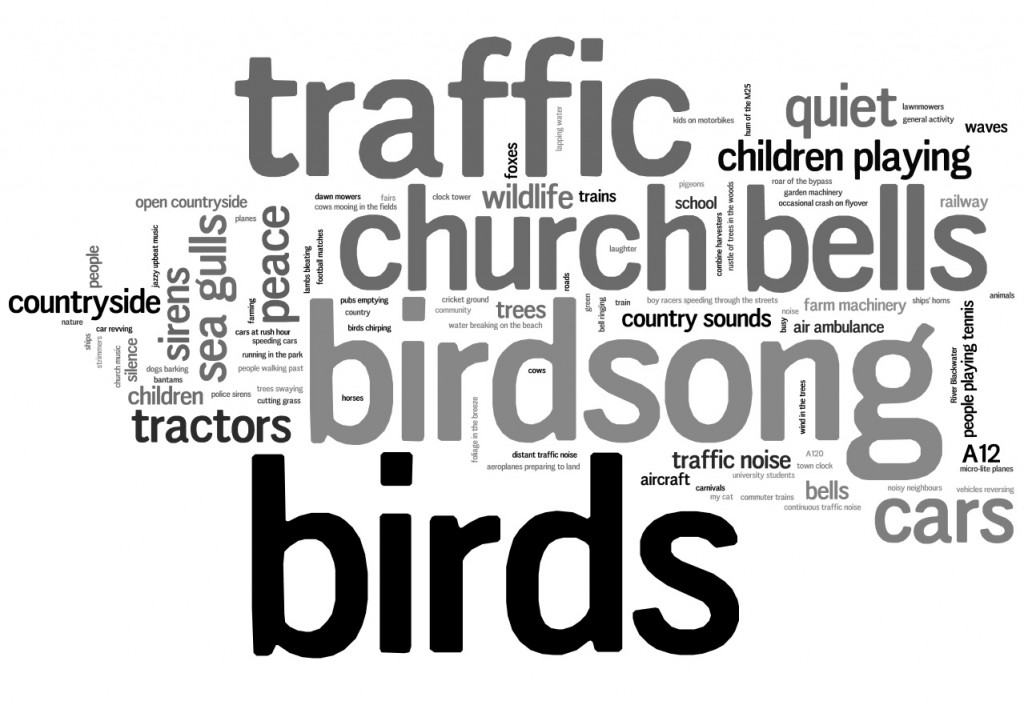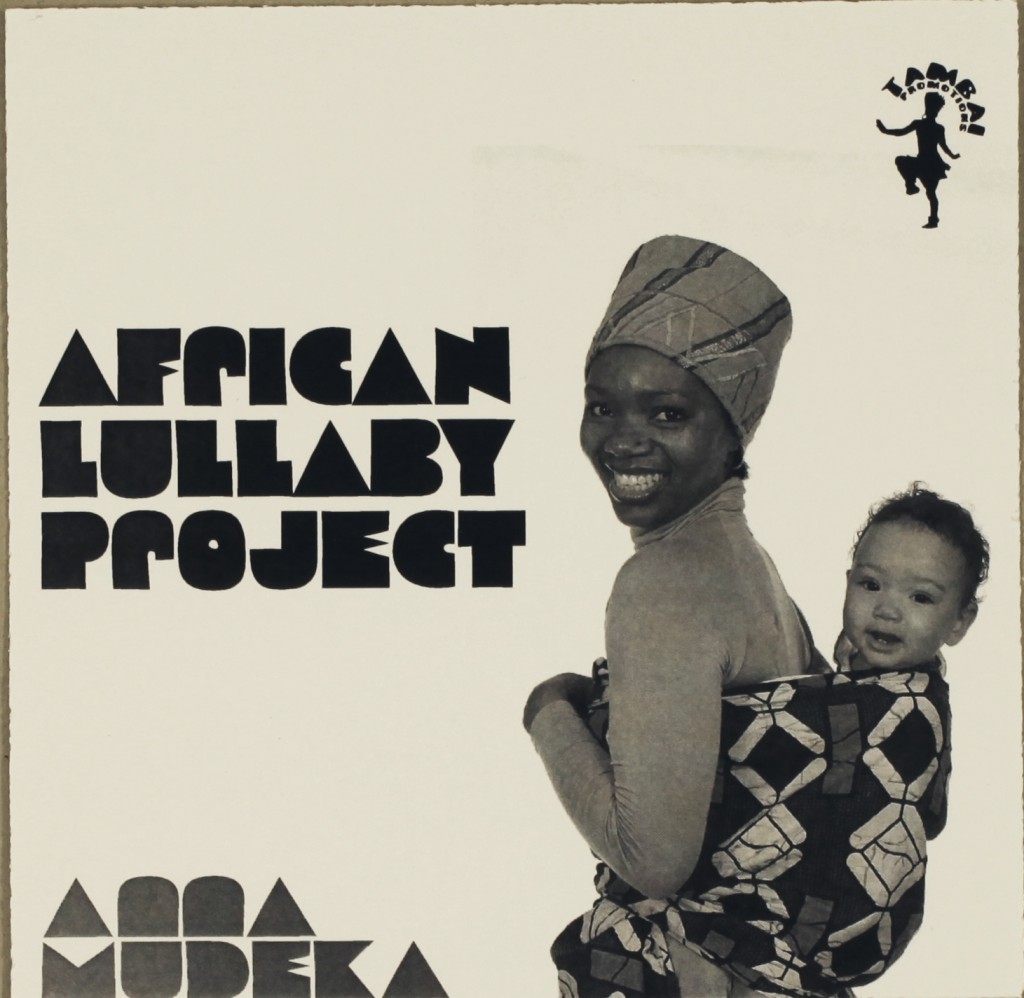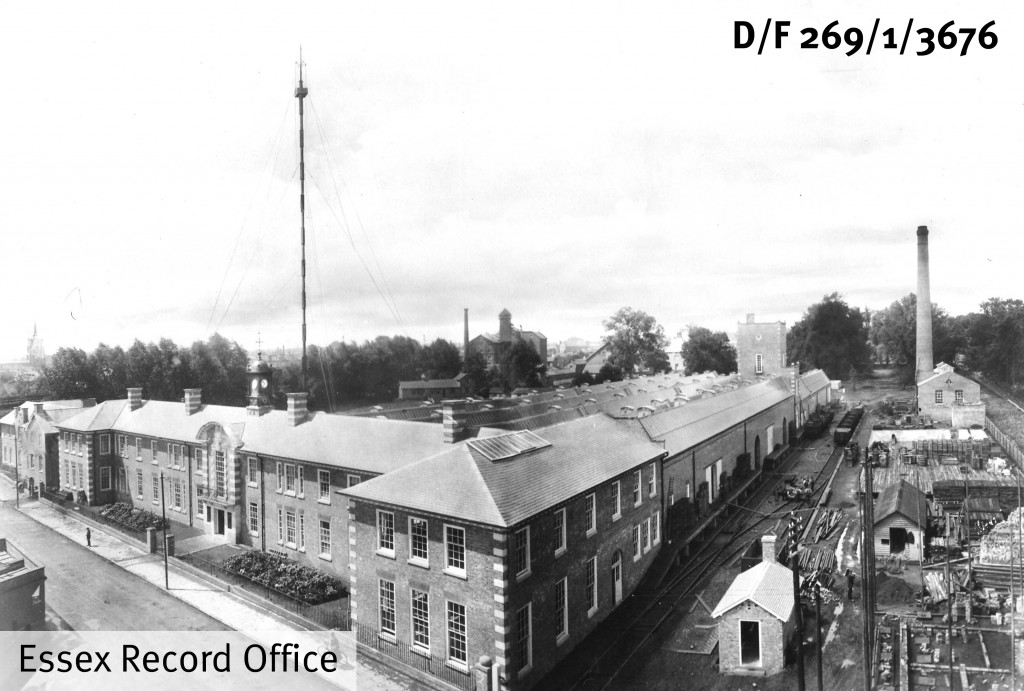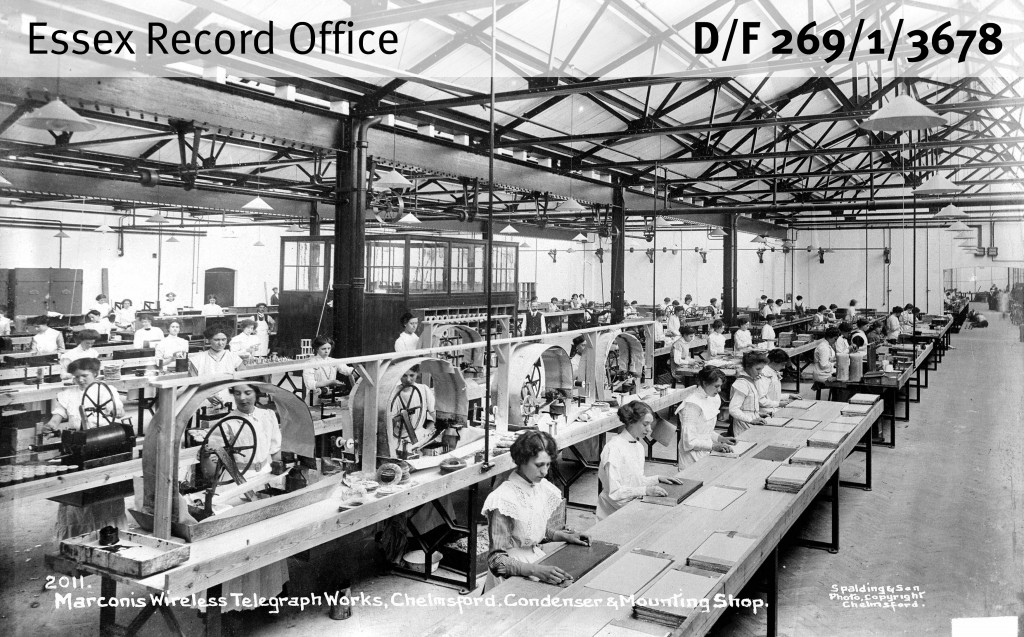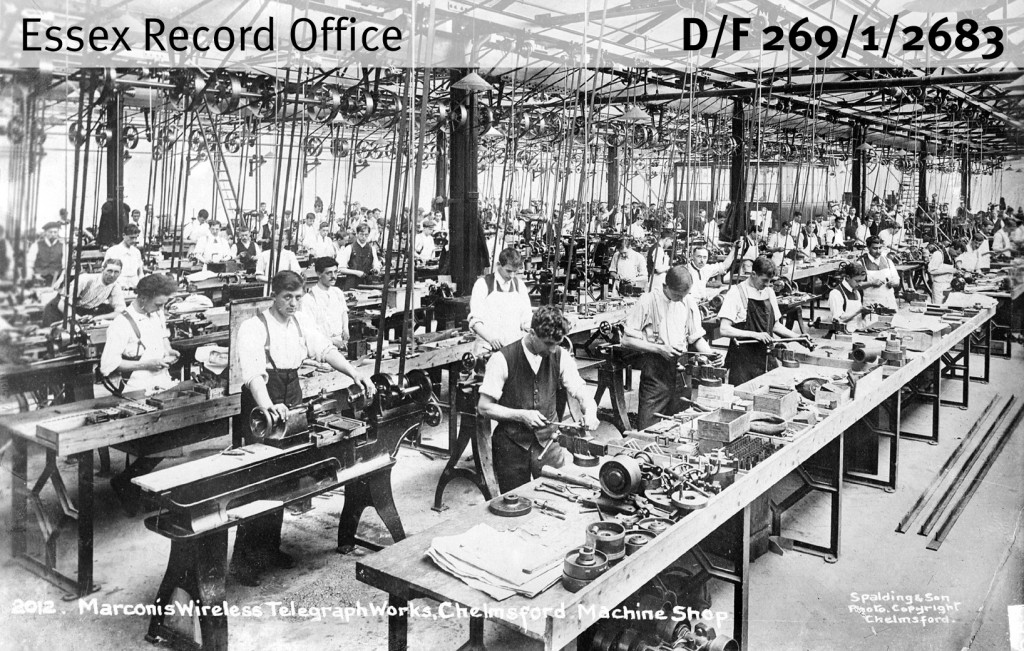For the past six months, we have been surveying people across Essex to ask them what they know about the Essex Sound and Video Archive (ESVA). The main aim of the exercise was to collect baseline data, so we will have some statistics to compare with similar surveys we plan to run after the You Are Hear: sound and a sense of place project. We hope this will demonstrate the impact of the project to the Heritage Lottery Fund, and that more people will be aware of us and have engaged with our treasure store of recordings.
We surveyed our long-suffering readers in the Searchroom, so frequently asked for feedback; visitors to events that we attended; and innocent passers-by who happened to be walking through High Chelmer Shopping Centre, Chelmsford on Saturday 1 March. We even roped in the aid of libraries and village agents to distribute our surveys. The end result was 185 surveys completed by people from near and far (even some from outside Essex snuck in).
Our main aim was to establish how many people had heard of the Essex Sound and Video Archive. Forty percent of the people who answered this question knew about the ESVA but had never used it, but another 54% had not even heard of us. We obviously have some work to do!
We collected demographic information about our participants, but we also took the opportunity to ask some more interesting questions about people’s perceptions of where they live. Eighty-six percent of participants felt they belonged to some kind of community: mostly their town or village, but social or religious groups, neighbourhoods, and on-line communities also featured. Despite a few references to the stereotypes associated with Essex (thanks largely to a certain ITV television programme), most people had positive associations with the county. Several referred to it as home or felt rooted to it by family ties. Some mentioned its attractive features, such as the seaside, the countryside, the good travel links – and the fact that it’s not London. We hope to build on this undercurrent of pride in the county by sharing what former residents have felt about their homeland, what they experienced, and what they felt moved to create in it.
The most interesting question to me was, ‘Which sounds represent where you live?’ Although it initially puzzled a few people, we eventually got some wonderful descriptions of the aural landscape of the county. The overwhelming majority of the responses were precisely what I would have identified in my own town: Essex sounds like traffic and birds.
We created a word cloud from all of the responses received: the bigger the word, the more times it was mentioned. How does the picture compare with your location?
In the spirit of You Are Hear, we have a sound clip alternative:
At the moment the clip is just the words spoken aloud: the recording of the actual sounds will come once the project starts, with your help.
Thank you to everyone who completed a survey or helped to distribute them. Get in touch if you want to read more about the results.

